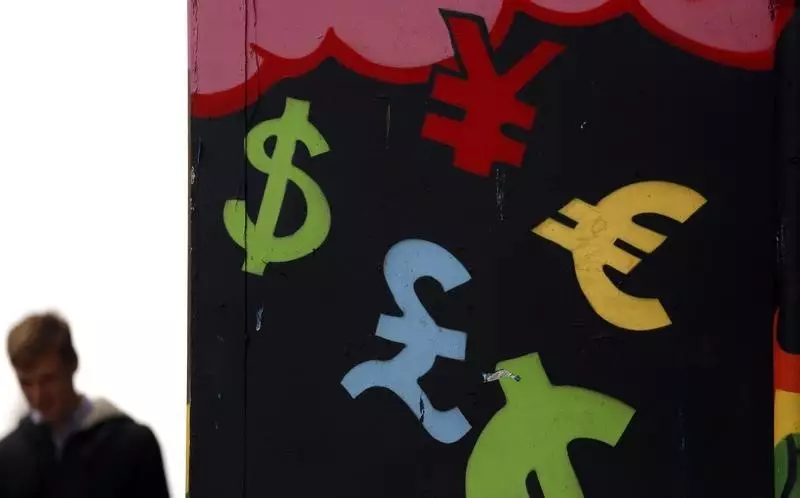In a significant development within the cryptocurrency arena, Montenegro has extradited Do Kwon, co-founder of Terraform Labs, to the United States. Kwon is embroiled in a complex web of allegations that accuse him of misleading investors regarding the stability of the TerraUSD stablecoin and the functionalities of its associated blockchain application. Investors believed TerraUSD would maintain a fixed value of $1, but when the cryptocurrency collapsed in May 2022, it triggered seismic shocks throughout global crypto markets, leading to massive financial losses.
This event not only spotlighted the volatility inherent in cryptocurrencies but also raised critical questions about the regulatory measures in place to protect investors. Do Kwon’s extradition signifies a broader scrutiny of crypto projects and their governance, as authorities seek to hold individuals accountable for deceptive practices in an industry often perceived as lacking adequate oversight.
The collapse of TerraUSD has been marked by significant turmoil, with estimates suggesting that around $40 billion evaporated from the cryptocurrency markets following its downfall. Such staggering figures underscore the risks associated with cryptocurrencies and pose challenges to regulators attempting to create a more stable financial environment.
Kwon’s role as a prominent figure in this crisis cannot be understated. As the former CEO of Terraform Labs, he stands accused of duping investors and perpetuating a system that ultimately led to widespread financial ruin. The gravity of these allegations has enormous ramifications not only for Kwon and his company but also for the larger crypto ecosystem, which continues to grapple with issues of credibility and transparency.
In February 2023, the U.S. Securities and Exchange Commission (SEC) escalated matters by suing Kwon and Terraform Labs. This legal action aims to address the purported damages caused by the TerraUSD and Luna cryptocurrencies, striving to compensate defrauded investors and establish clearer regulations governing digital assets. The case will likely become a benchmark in how regulatory bodies handle similar incidents in the future, potentially setting significant legal precedents for accountability in the burgeoning crypto market.
Despite Kwon’s insistence that he has done nothing wrong, the momentum behind the U.S.’s extradition request reflects a growing intolerance for fraudulent conduct within the cryptocurrency space. Montenegro’s Supreme Court recently affirmed that all legal conditions for extradition were met, emphasizing their commitment to international judicial cooperation even as Kwon’s legal team sought to challenge this ruling through the Constitutional Court.
Kwon’s extradition is a clarion call for tighter regulatory frameworks surrounding cryptocurrencies. As the industry matures, this incident exemplifies the need for more robust governance structures that mitigate risks for investors and foster market integrity. The notion of stablecoins, often perceived as safe harbors within the volatile crypto market, has come under scrutiny, prompting calls for stricter regulatory practices.
Ultimately, the case against Do Kwon is emblematic of the challenges facing the cryptocurrency sector. It highlights the delicate balance that must be struck between innovation and oversight to cultivate a more secure investment climate where investors can navigate the evolving financial landscape with confidence. As this saga unfolds, it will be essential to observe how regulators adapt to prevent similar crises from occurring in the future and uphold a commitment to investor protection.

